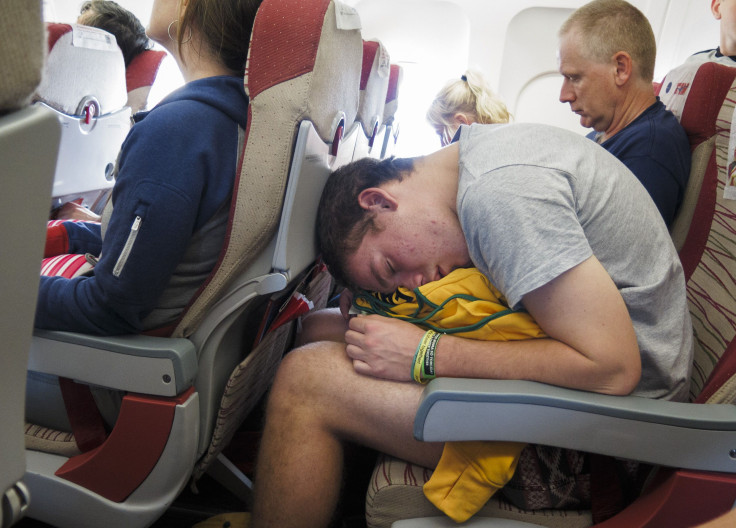Daytime Napping And Drowsiness Linked To Type 2 Diabetes

A number of studies conducted in the past has associated different factors with an increased risk of Type 2 diabetes. While a recent study associated smoking with an increased risk of developing diabetes, latest research findings suggest that daytime napping and drowsiness are also connected with an increased risk of Type 2 diabetes.
Daytime naps or excessive sleeping is a pattern commonly witnessed around the world. However, findings presented at the annual meeting of the European Association for the Study of Diabetes have associated the prevalence of daytime napping with the risk of Type 2 diabetes.
During the study, the research team headed by Dr Tomohide Yamada of the University of Tokyo in Japan conducted a meta-analysis and searched through the Cochrane Library, Web of Science and Medline to understand the association between daytime sleepiness and Type 2 diabetes . Using the keywords nap, diabetes and daytime sleepiness, the researchers sorted out 10 good-quality studies involving 261,365 Asian and Western subjects.
The researchers defined the excessive daytime sleepiness with the answer “yes” to the questions like "Do you have a problem with sleepiness during the daytime?" while daytime napping was defined on the basis of “yes” to questions such as "Do you sleep during the day?".
The analysis of the answers found excessive daytime sleepiness to increase the risk of diabetes by 56 percent, while excessive daytime nap increased the risk by 46 percent. On the other hand, a shorter nap of 60 minutes did not increase or decrease the risk of Type 2 diabetes.
The researchers, therefore, associated the occurrence of daytime napping and excessive sleepiness during the day with an increased risk of Type 2 diabetes. The researchers further say that daytime napping might be a result of inadequate night's sleep or night-time sleep disturbance, such as obstructive sleep apnea.
© Copyright IBTimes 2024. All rights reserved.





















